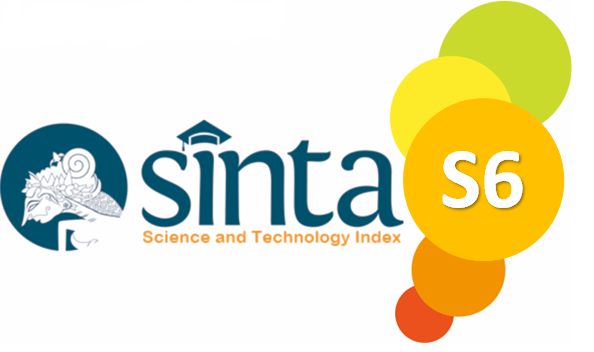Deming Cycle Utilization In Construction Project For Modular Building Construction For Oil And Gas Industry
DOI:
https://doi.org/10.33557/jtekno.v20i1.2262Keywords:
Deming Cycle, Modular Building, Oil and Gas Industry, PDCA, Quality ControlAbstract
Deming Cycle method, which is a standard method that contains a continuous improvement model developed by W. Edward Deming. This method consists of four main components arranged sequentially, namely the PDSA (Plan-Do-Study-Action) cycle. The workflow of the production department will be fast and efficient, while the Quality Control will be in a position to ensure that all work is completed to the exact specifications and terms according to the standards suggested in the project. The data collection method used to obtain data in writing this final project uses several data collection techniques of Observation, Interview and Documentation. The research model uses the Deming Cycle or PDCA Cycles. To re-check whether the corrective action is working as intended or not with FMEA analysis (Failure Mode and Effect Analysis). FMEA analysis is carried out with FMEA spreadsheet. The Deming Cycle Method is a methodology that will be used as a method to ensure that Total Quality Management will be able to reduce defects and repetitive work during production process for modular building construction in the oil and gas sector. This PDCA found that Quality Issues are the main factor of failures or delays which will impact to the cost.
Downloads
Published
Issue
Section
License

Jurnal Tekno by journal.binadarma.ac.id/index.php/jurnaltekno is licensed under a Creative Commons Attribution-ShareAlike 4.0 International License.









